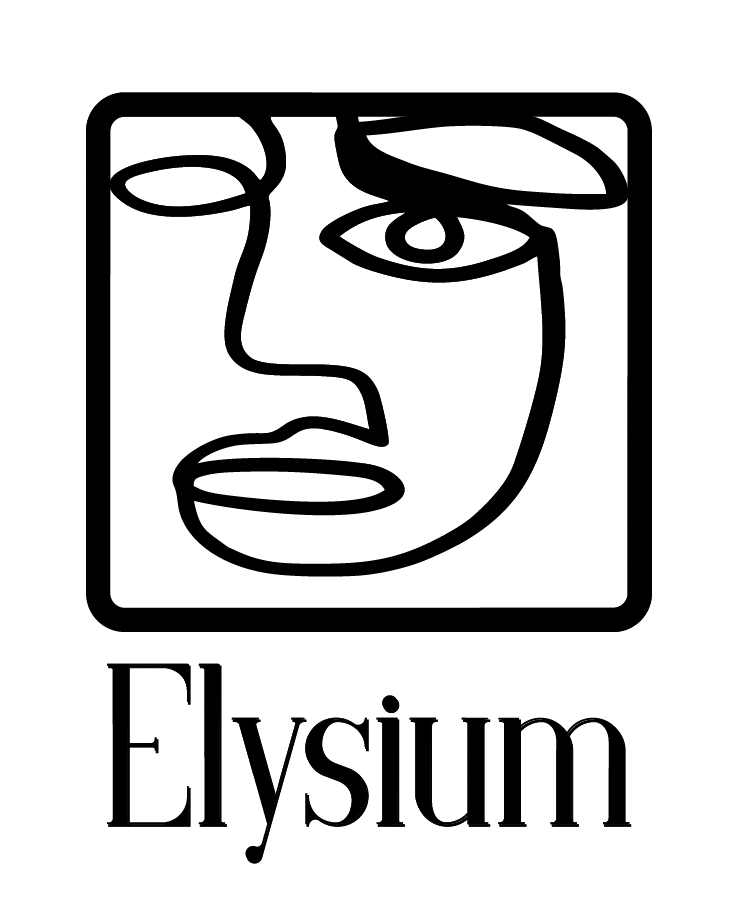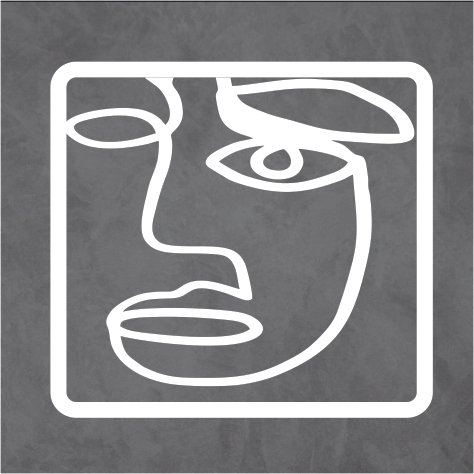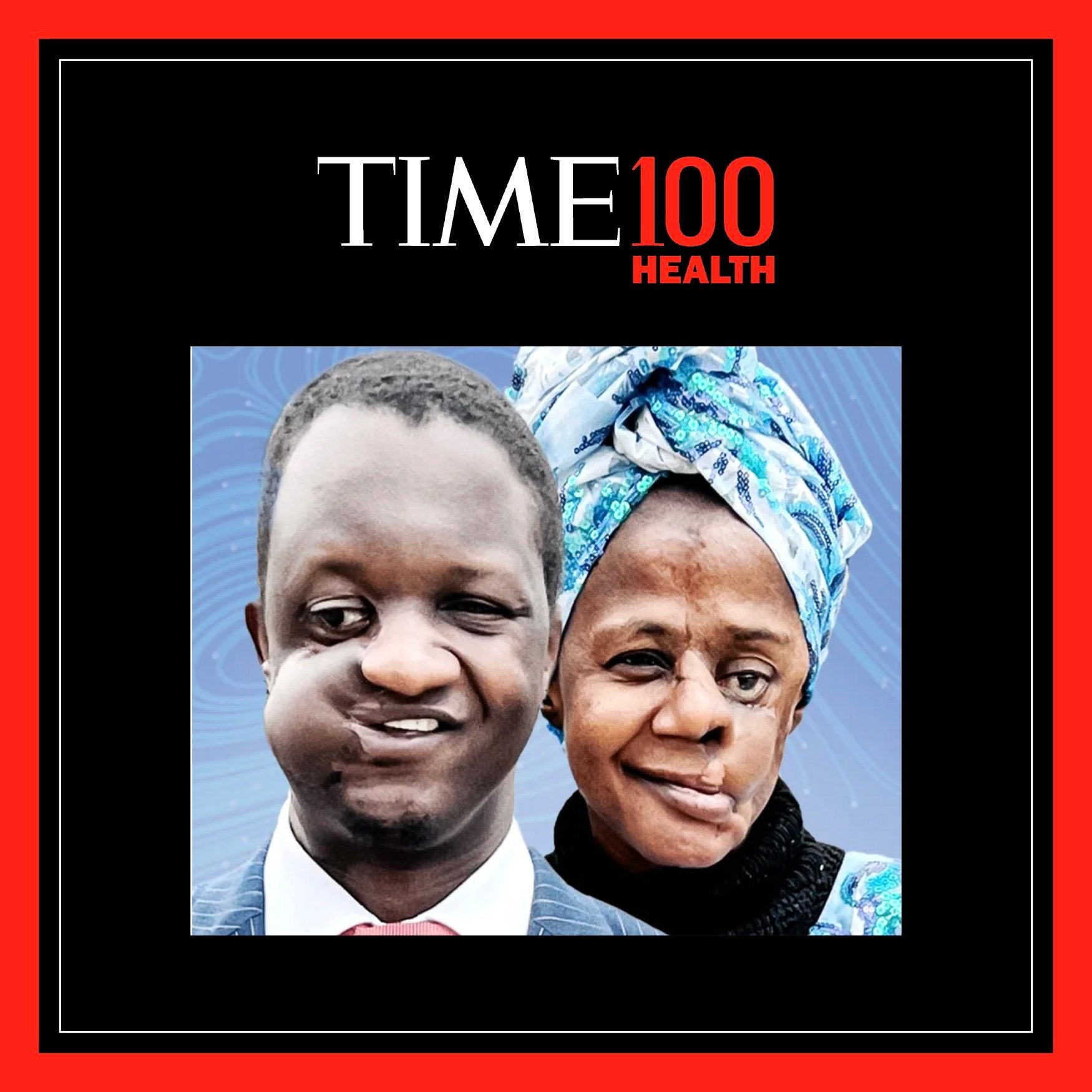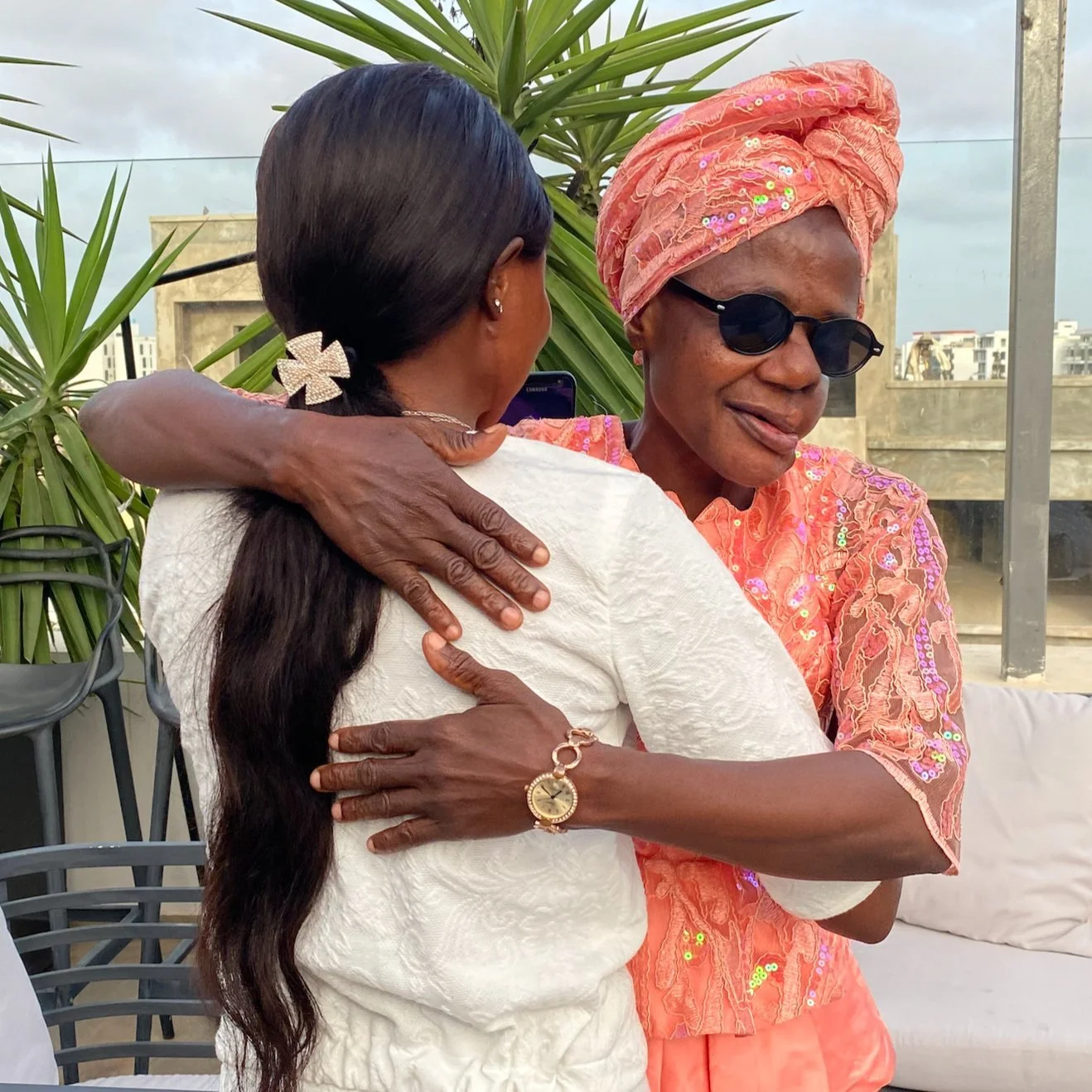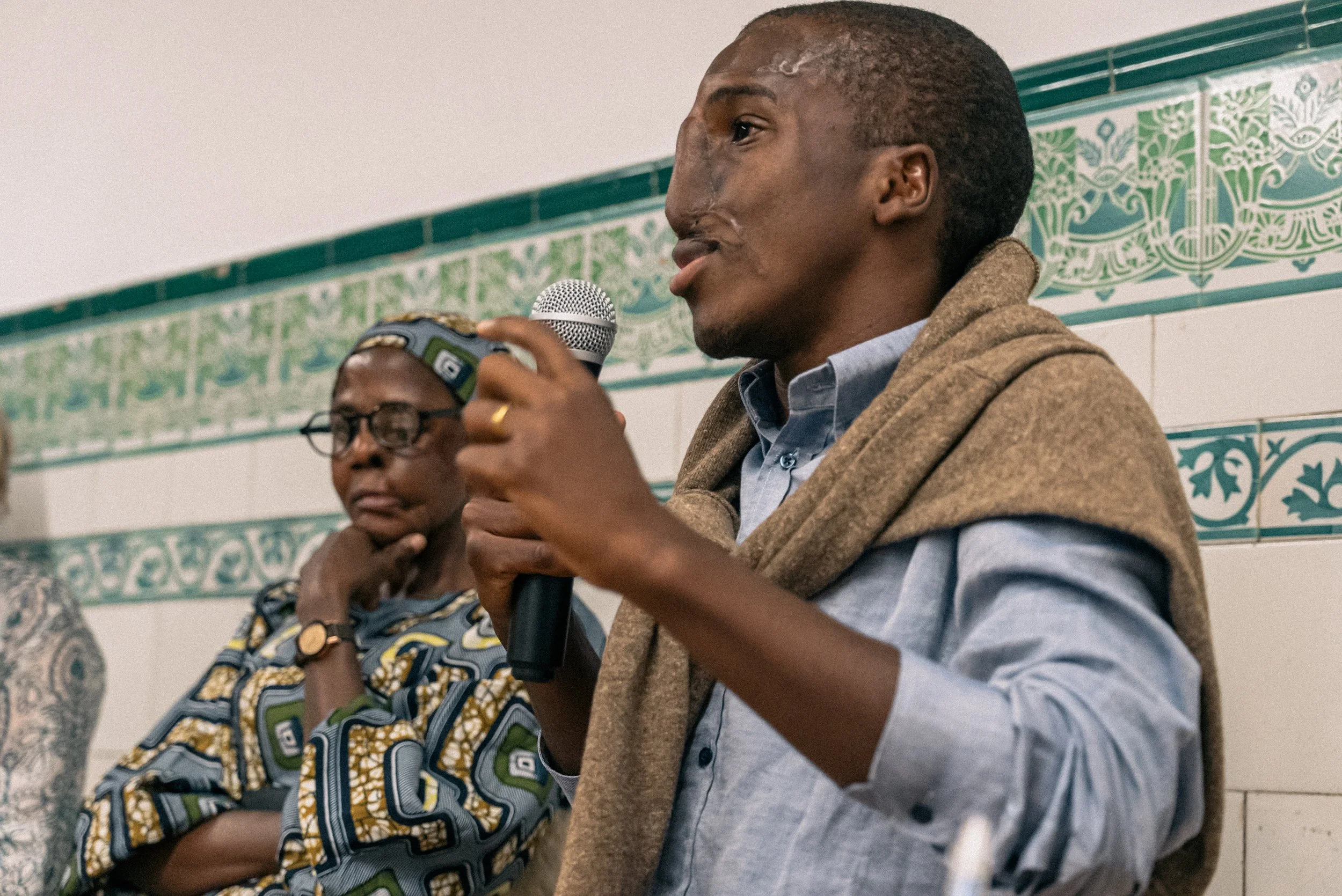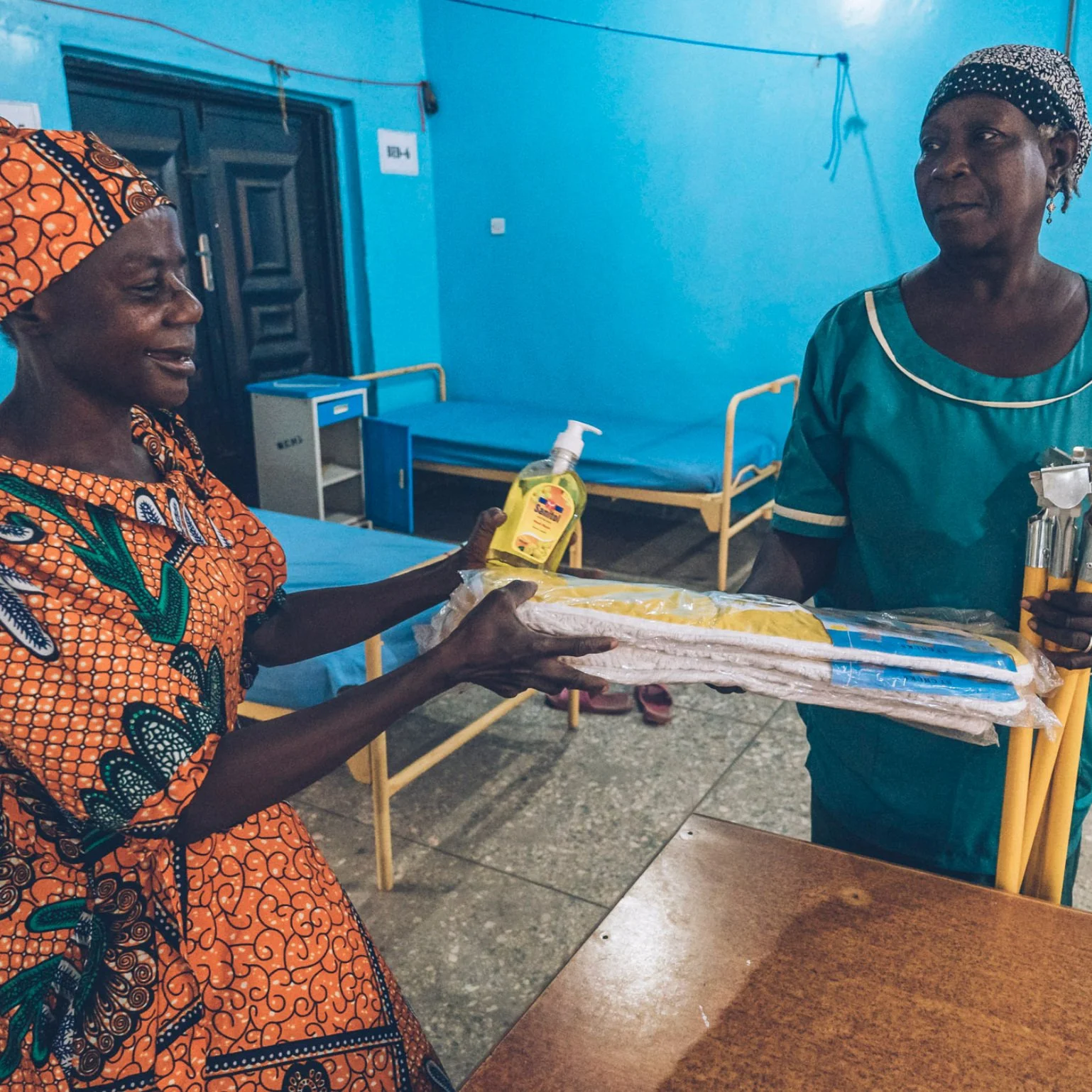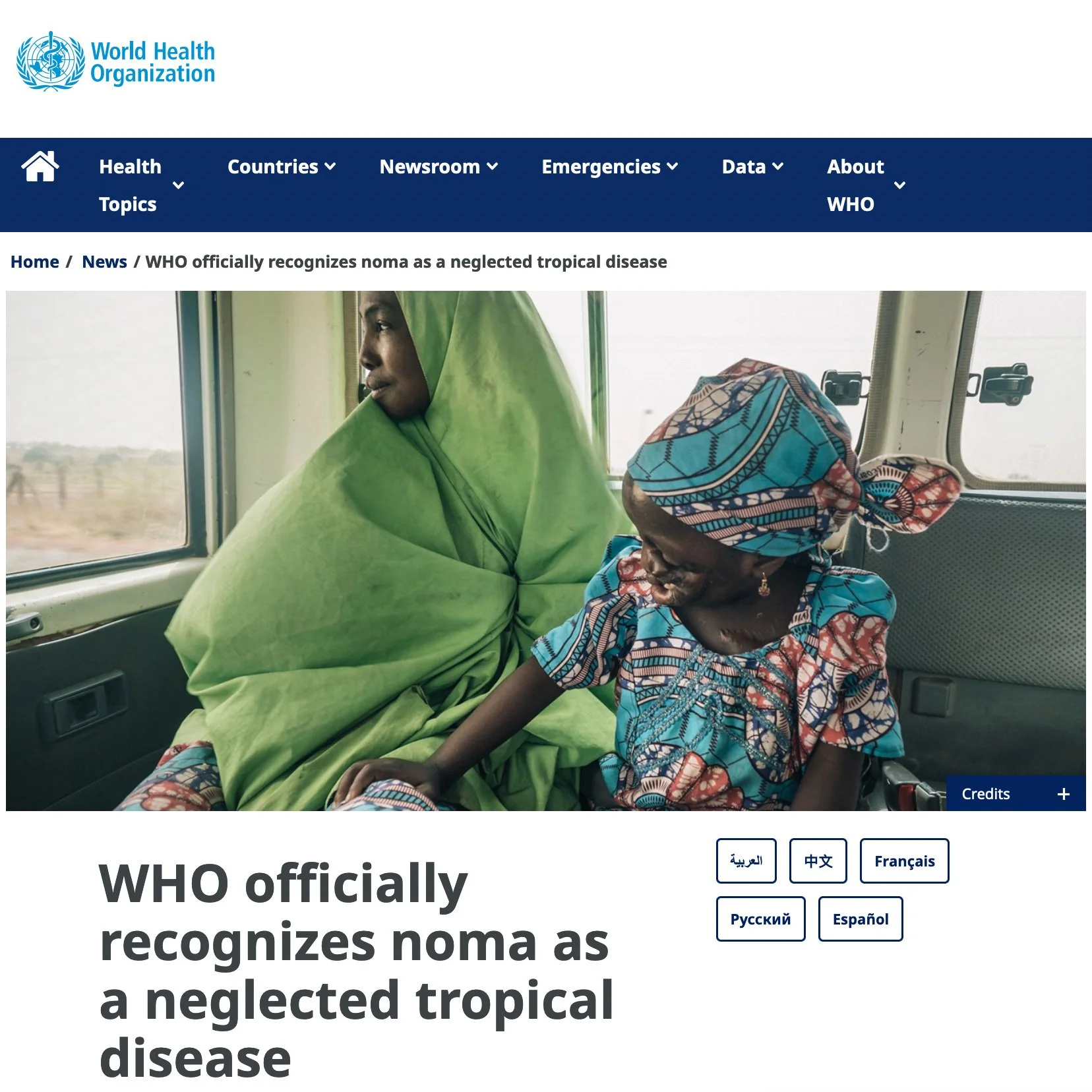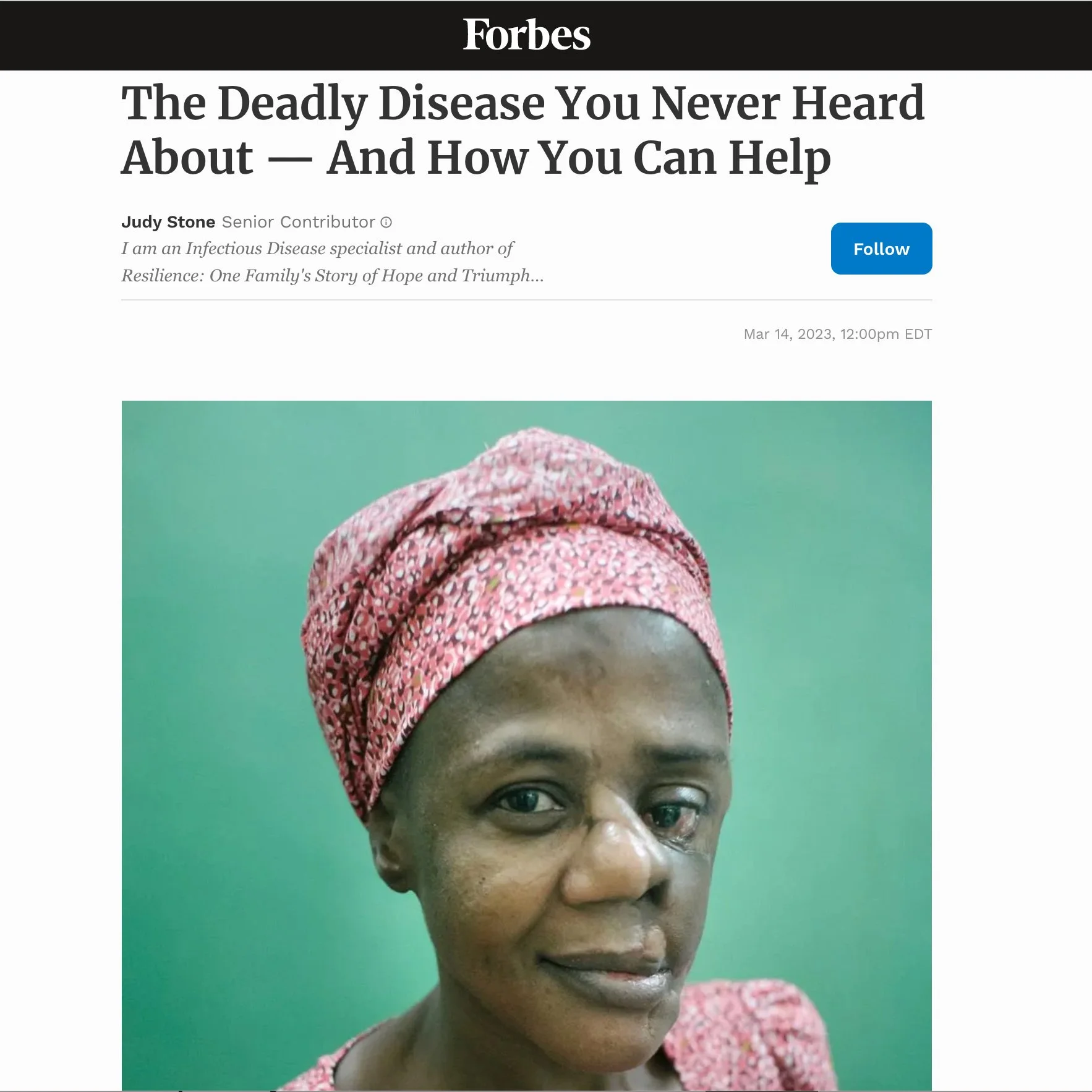Elysium is the first noma survivors’ association

What is noma?
Noma is a fast-progressing disease that we know how to prevent and to treat. Experts estimate noma affects 140,000 people every year and up to 90% of them die in just a few weeks. We are the lucky ones who survived but for each of us who is here today, it means nine others didn’t make it and this is not acceptable.
Elysium in the news

